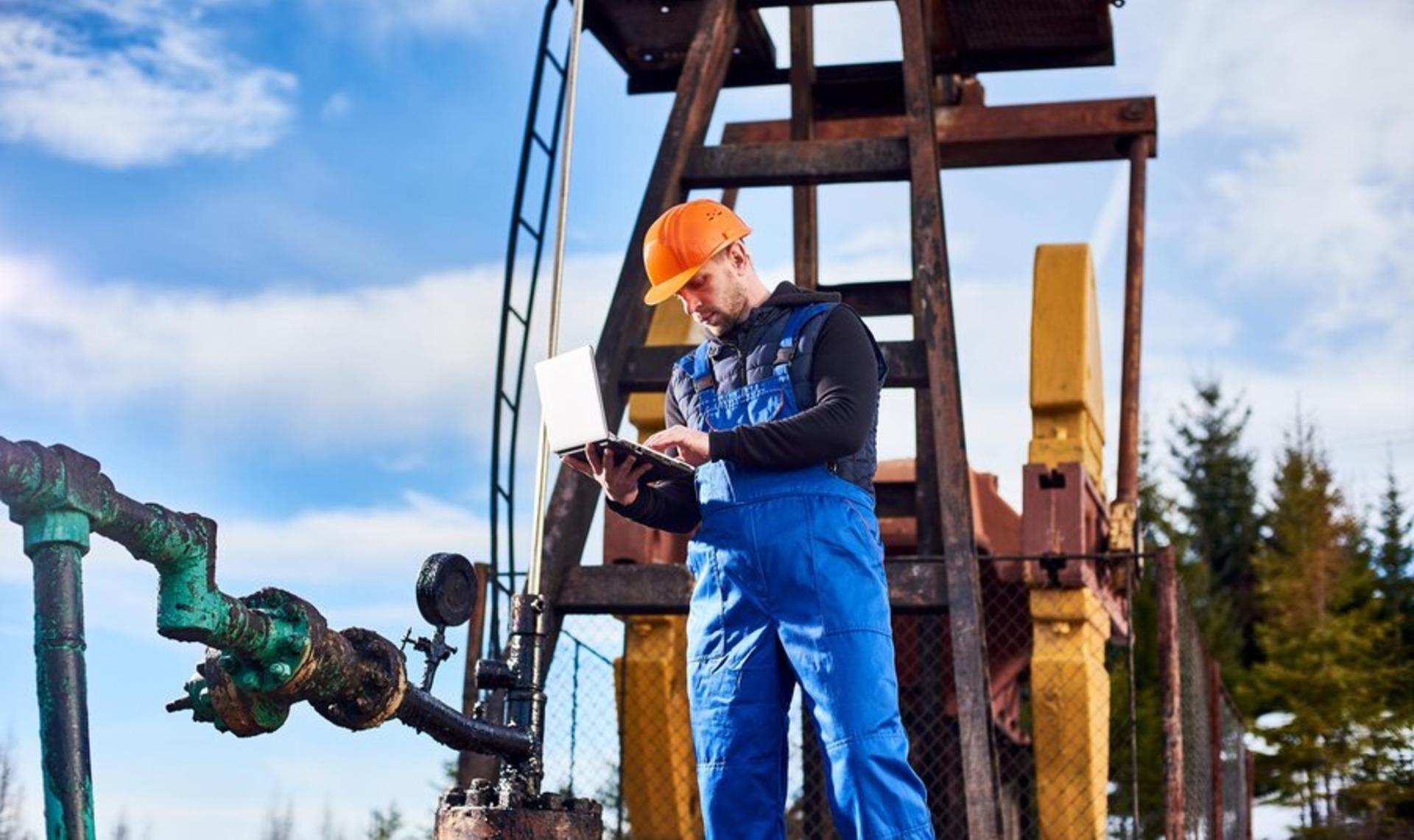
by Sumet Phongmanee
11.02.2025
Sustainable Water Access: Protecting Our Most Precious Resource
Water, the fundamental element of life, underpins every aspect of our existence, from ecological balance to societal advancement. Despite covering over 70% of our planet, accessible freshwater resources are surprisingly limited, representing a mere fraction of the total. This precious commodity is not uniformly distributed, leading to stark disparities in availability and quality across different regions globally. Its irreplaceable nature makes careful management an absolute imperative.
The challenges surrounding water access are intensifying rapidly. Global population growth, coupled with shifting climatic patterns, places immense strain on existing water supplies. Pollution from various sources further degrades freshwater, rendering it unsafe for consumption or agricultural use. These converging pressures create a complex web of issues that demand immediate and innovative responses to avert potential crises.
Ensuring sustainable water access is not merely an environmental concern; it is a critical matter of public health, societal stability, and global equity. Without reliable access to clean water, communities struggle with disease, food insecurity, and stunted development. The long-term viability of entire regions hinges on our collective ability to manage this resource wisely, securing it for current and future generations alike.
Sustainable water access encompasses the provision of safe, sufficient, and affordable water for all, without compromising natural systems' ability to replenish themselves. It involves a holistic approach that considers the entire water cycle, from source protection to efficient use and responsible discharge. This perspective is essential for fostering resilient societies capable of adapting to future environmental shifts.
Addressing this multifaceted challenge requires a blend of technological innovation, robust policy frameworks, and profound societal shifts in how we perceive and utilize water. From advanced purification methods to smart conservation strategies, solutions are diverse and often localized. Collaborative efforts among governments, communities, and organizations like ArchiMorphlyxe are vital to scale these solutions effectively.
Key Applications of Sustainable Water Practices
-
Agricultural Productivity: Implementing precision irrigation and water-efficient farming techniques enhances food security. This reduces strain on aquifers, though initial setup costs can be substantial.
-
Urban Resilience: Integrated water management, including rainwater harvesting and greywater recycling, bolsters urban water security. This requires infrastructure upgrades and public engagement.
-
Industrial Efficiency: Closed-loop water systems and advanced wastewater treatment minimize water intake and discharge. This promotes resource conservation, demanding specialized technological expertise.
Navigating the Complexities of Water Management
The discourse around sustainable water access often highlights a tension between technological fixes and behavioral change. Proponents of technology advocate for large-scale infrastructure like desalination and advanced wastewater treatment, arguing they offer scalable solutions. While beneficial, their energy intensity and potential environmental impacts warrant careful consideration and ongoing innovation.
Conversely, many experts emphasize the paramount importance of demand-side management, focusing on conservation and reducing water wastage. Simple measures, from fixing leaks to promoting water-saving practices, yield substantial results. The challenge lies in fostering a widespread culture of water stewardship, which often requires significant public education and policy incentives to be truly effective.
An emerging consensus among leading water specialists points towards an integrated water resource management (IWRM) approach. This holistic strategy balances the needs of various users – agricultural, industrial, municipal, and ecological – within a hydrological unit. IWRM recognizes water as a shared resource, requiring coordinated planning to optimize its use and protect its quality for all stakeholders.
Furthermore, the role of effective governance and robust policy frameworks cannot be overstated. Establishing clear water rights, regulating pollution, and enforcing sustainable abstraction limits are crucial for preventing overuse and ensuring equitable distribution. Without strong institutional support, even the most innovative technologies or conservation efforts may falter, underscoring the need for transparent and adaptive regulatory systems.
Another critical aspect involves the allocation of resources for large-scale water projects and ongoing maintenance. While immediate costs can be considerable, the long-term societal benefits of secure water access far outweigh these initial outlays. Strategic commitment to resilient water infrastructure and sustainable practices is paramount for future stability and prosperity for communities worldwide.
Charting a Course for Water Security
Achieving universal, sustainable water access is a critical challenge. It demands foresight, innovation, and collective action. Harmonizing technology, policy, and responsible stewardship is crucial for future generations.
Safeguarding this vital resource requires prioritizing efficiency, conservation, and equitable access. By embracing integrated strategies, we build resilient societies, ensuring water security for everyone.







